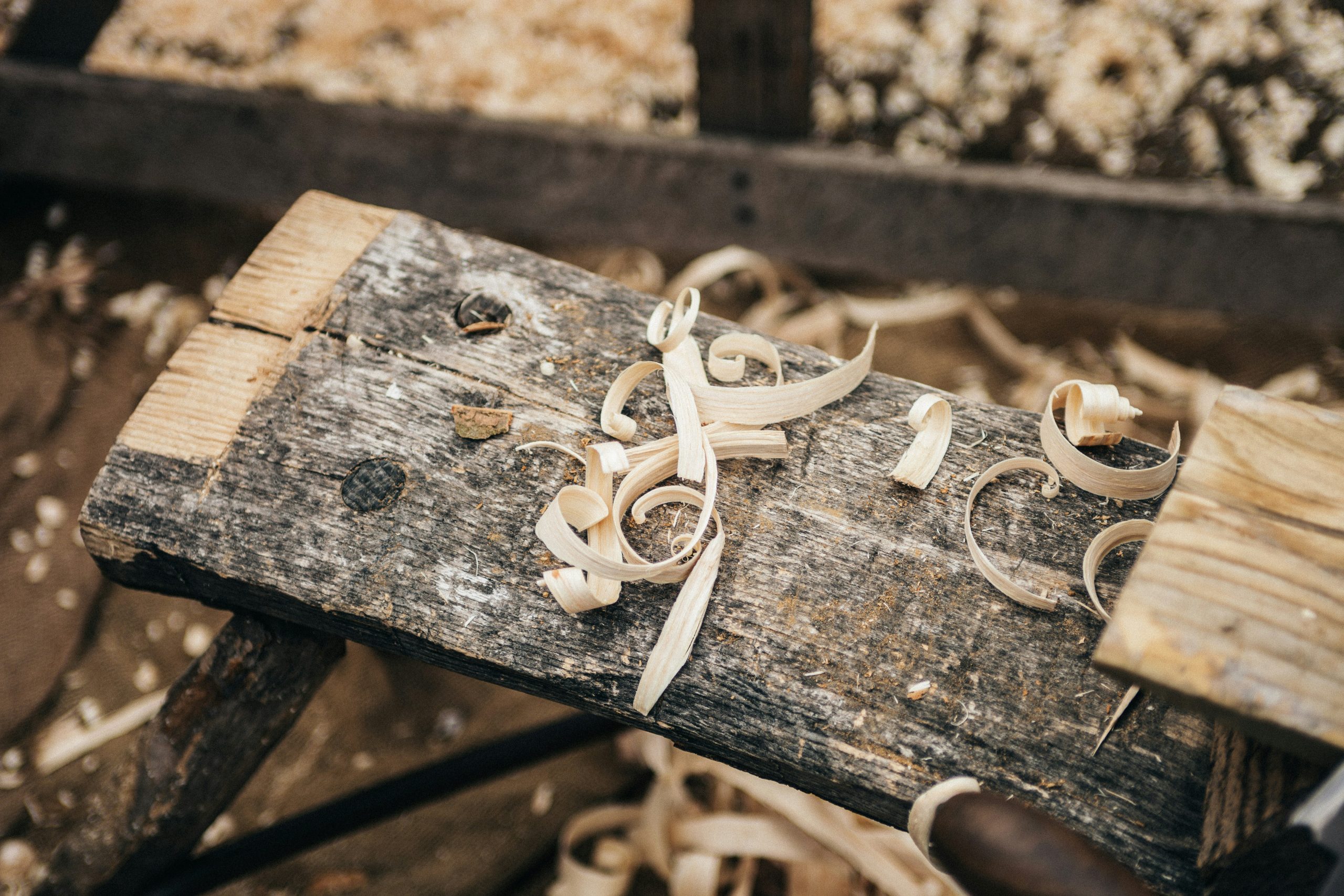The journey of learning is rarely linear. It twists and turns, filled with leaps of inspiration, stretches of doubt, and moments of clarity that seem to emerge from nowhere. It’s not about mastering every step but about showing up — raw, curious, and willing to fail — trusting that the process will shape us into who we are meant to become.
. . .
They say it takes around 10,000 hours to master anything — a musical instrument, a language, a trade, or a sport. In my own journey, I’ve found this to hold true, uncovering valuable insights along the way. While I don’t know if I’ve truly mastered anything, I’ve delved deeply into various pursuits, learning as I go.
In structured education, we follow predictable curricula with set expectations. And we pay for it, often at a significant cost. Over a defined period, instructors guide us through the basics and beyond, aiming for certification. This approach provides consistency, focus, and guidance, steering us toward our aspirations. It’s rigorous but foundational, shaping us into the people we strive to become.
But what happens when we forgo formal education? As autodidacts, we become our own mentors and motivators. This self-guided path can be harsh, especially for artists who often wrestle with chronic self-criticism. There may be no upfront financial cost, but we pay a different price over time. Art is a wild force, both tormenting and transformative. Yet embracing its challenges is where true growth occurs.
In school, feedback is immediate, correcting mistakes and preventing bad habits. This structured environment suits those seeking predictable, linear career paths. By contrast, the independent route offers no such certainty. Skills are entirely self-made, born of effort, happy accidents, and imagination. This freedom is exhilarating but isolating — though for some, solitude is essential for uncovering truth and pursuing authenticity.
In a competitive world, independence can feel like both a blessing and a curse. “Making a living” often carries a heavy connotation, especially when creative confidence falters. Watching others succeed — their popularity, marketability, and appeal — can lead us to question our worth.
The key is openness, flexibility, and receptiveness to life’s unexpected opportunities. When excitement and passion fuel experimentation and craft, that energy resonates with those who value and support our work. For the independent, living with uncertainty fosters resilience and self-reliance.
Today, we can learn almost anything, anywhere, in any way we choose. Yet the same questions persist: Can we motivate ourselves? Trust our efforts? Believe in their worth? The freedom to create and align with our true selves is ours, but it demands uncommon discipline, self-awareness, and personal accountability — all while trusting life’s flow.
Above all, we must be gentle with ourselves, stay curious, and embrace the journey. No one else can live our story or offer the world what we uniquely bring.
Be yourself, beautiful soul. Thank you for your courage, your vulnerability, and your authenticity. Thank you for your love of art, your art of love, your unique perspective, and for sharing your true self with us.
Solvitur ambulando
